
Tech Crunch interviewed cartoonist Paul Pope, who’s authored GNs like Batman: Year 100, about what he thinks of where the industry is headed, and while some artists may be worried about AI, he may not feel that way so much:
Pope is reemerging at a fraught time for the comics industry and creativity in general, with publishers and writers suing AI companies while generative AI tools go viral by copying popular artists. He even said that it’s “completely conceivable” that comic book artists could soon be replaced by AI.
The contrast is particularly stark in Pope’s case, since he’s known for largely eschewing digital tools in favor of brushes and ink. But he said he isn’t ruling out taking advantage of AI, which he already uses for research.
So unlike some other artists, he’s not as resentful of AI influence? Wow. There’ll be more on that in the following paragraphs highlighted.
Are you somebody who thinks about the arc of their career and how it fits together, or are you mostly future-oriented?
I’d say a combination of both, because — I have said this elsewhere, but I think at a certain point, an artist needs to become their own curator. Jack Kirby famously said, “All that matters is the 10% of your best work. The rest of it gets you to the 10%.”
But then in my case, I do a lot of variant covers. I’ve worked on many things outside of comics that are kind of hard to acquire, whether it’s screen prints or fashion industry stuff. And I thought it’d be really cool if we do something that’s a chronological look at the life of an artist — [something that] focuses mainly on comics, [with] a lot of stuff that people have either never seen or it’s hard to find.
It’s the first of a number of chess moves that I’ve been setting up for a long time. And the gallery is — I would call it a second chess move. I have another announcement later in the summer for a new project.
Making graphic novels is not like making comics. You’re basically writing a novel, it can take years, and you work with a contract. No one can see the work, so it can be very frustrating. This stack here, this is my current work, and it’s all stuff that basically hasn’t been published yet. So I thought this was a great way to either reintroduce my work or — I hate the term “rebrand,” but rebrand myself.
On the subject of variants, seriously, it’s a shame to notice yet again that an artist is lending his talents to something that’s only made the industry a joke, instead of working on wall paintings for comicdom. And all these variants, of course, have never improved the industry’s fortunes in the long run. If he’s worked on art for cinema and fashion that can be hung on the wall, why not comics-related illustrations? Though it is interesting how GNs are produced. Now, here’s more of what he’s got to say about AI and where it’s going:
You have this skepticism, but you don’t want to rule out using it where it’s useful.
No, absolutely not. It’s a tool.
It’s a very contentious point with cartoonists, and there are important questions about authorship, copyright protection. In fact, I just had dinner with Frank Miller last night, we were talking about this. If [I ask AI to] give me “Lady Godiva, naked on the horse, as drawn by Frank Miller,” I can spit that out in 30 seconds. Some people might say, “Oh, this is my art.” But AI doesn’t generate the art from the same kind of place that humans would, where it’s based on identity and personal history and emotional inflection.
It can recombine everything that’s been known and programmed into the database. And you could do that with my stuff, too. It never looks like my drawings, but it’s getting better and better.
But I think really, speaking as a futurist, the real question is killer robots and surveillance and a lot of technology being developed very, very quickly, without a lot of public consideration about the implications.
Here in New York, at the moment, there’s a really great gallery on 23rd Street called Poster House. It’s pretty much the history of 20th-century poster design, which is right up my alley. So I went there with my girlfriend last week, and they currently have an exhibit on the atom bomb and how it was portrayed in different contexts through poster art. There was this movement “Atoms for Peace,” where people were pro-atomic energy [but] were against war, and I kind of liked that, because that’s how I feel about AI. I would say, “AI for peace.”
I’m less concerned about having some random person create some image based on one of my drawings, than I am about killer robots and surveillance and drones. I think that’s a much more serious question, because at some point, we’re going to pass a tipping point, because there’s a lot of bad actors in the world that are developing AI, and I don’t know if some of the developers themselves are concerned about the implications. They just want to be the first person to do it — and of course, they’re going to make a lot of money.
But this can surely beg the question whether anything can be done to distinguish between an authentic Pope illustration and one that’s AI-created. Obviously, it’s possible for a professional artist to sue AI-programming companies if he or she thinks they’re making bank off of their styles, but Pope’s not worried? If not, you have to wonder if he really cares about his craft. He does say, however, interestingly enough:
You mentioned this idea of somebody typing, “Give me a drawing in the style of Paul Pope.” And I think the argument that some people would make is that you shouldn’t be able to do that — or at least Paul should be getting paid, since your art was presumably used to train the model, and that’s your name being used.
It’s a good question. In fact, I was asking AI before our talk today — I think the best thing is to go to the source — “compare unlicensed art usage [for] AI-generated imagery with torrenting of MP3s in the ‘90s.”
And AI said that there’s definitely some similarities, because you’re using work that’s already been produced and created without compensating the artist. But in the case of AI, you can add elements to it that make it different. It’s not like [when] somebody stole Guns N’ Roses’ record, ”Chinese Democracy,” and put it online. That’s different from sitting down with an emulator for music with AI [and saying,] “I want to write a song in the style of Guns N’ Roses, and I want the guitar solo to sound like Slash.”
Obviously, if somebody publishes a comic book and it looks just like one of mine, that might be a problem. There’s class action lawsuits on the behalf of some of the artists, so I think this is a legal issue that is going to be hammered out, probably. But it gets more complicated, because it’s very hard to regulate AI development or distribution in places like Afghanistan or Iran or China. They’re not going to follow American legal code.
Oh, he needn’t worry about Iran, now that Israel’s military took down a considerable supply of their weapons for evil in nearly 2 weeks. But would Islamic regimes really want to try and profit from art that could include hot women? Not by a long shot, to be sure.
How do you feel about that? Are you worried about your own career?
I don’t worry about my career because I believe in human innovation. Call me an optimist. And the one distinct advantage we have over machine intelligence is — until we actually take the bridle off and machines are fully autonomous and have a conscience and a memory and emotional reflections, which are the things that are required in order to become an artist, or, for that matter, a human — they can’t replace what humans do.
They can replicate what humans do. If you’re trying to get into the business of, let’s say comics, and you’re trying to draw like Jim Lee, there’s a chance you might get replaced, because AI has already imprinted every single Jim Lee image in its memory. So that would be easy to replace, but what is harder to replace is the human invention of something like whatever Miles Davis introduced into jazz, or Picasso introduced, along with Juan Gris, when they invented Cubism. I don’t see machines being able to do that.
He may be correct that machines can’t do everything humans can, and are only as intelligent and cunning as they’re programmed to be. But any publisher who’s planning to rely on cheap “labor” by resorting to AI instead of showing the courage and audacity to hire human talent is only going to hurt the industry’s image.
Anyway, good luck to Pope on his coming projects, and it is interesting to learn how GNs are developed. But if AI does affect people’s careers and livelihoods, that’s not good for the industry, though DC/Marvel at this point are places where no talented artist should have to work, and it’s a shame if Pope does, not to mention if he spends plenty of time on drawing variant covers.
Originally published here





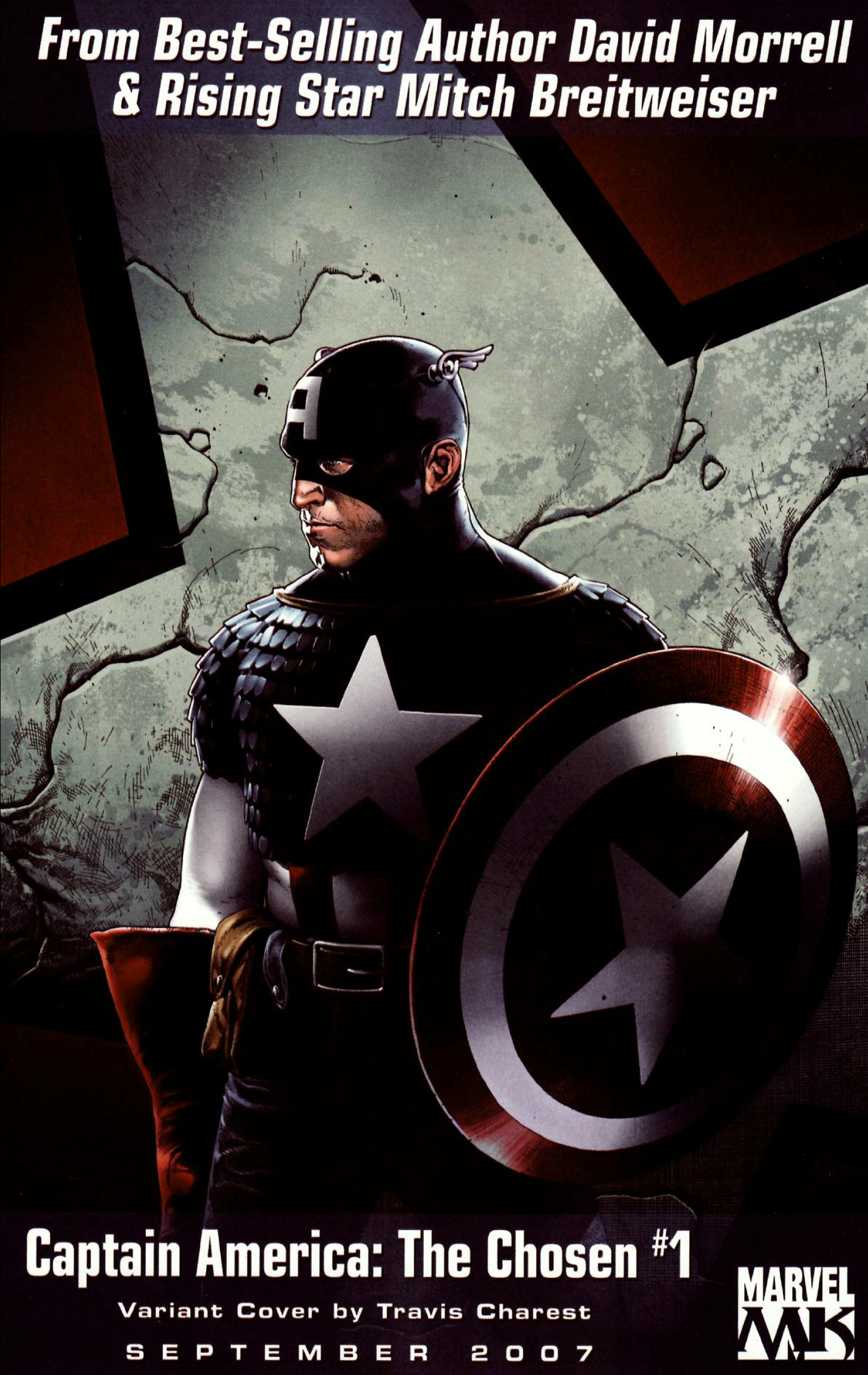


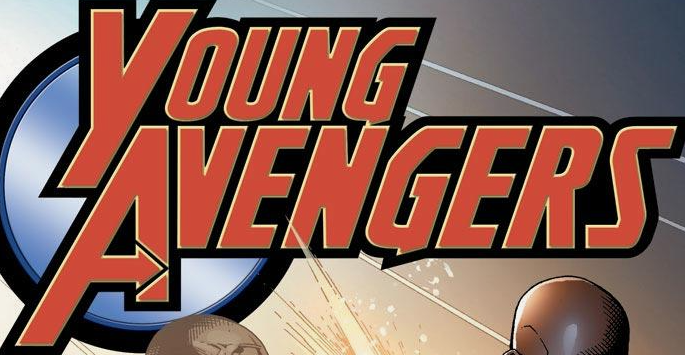



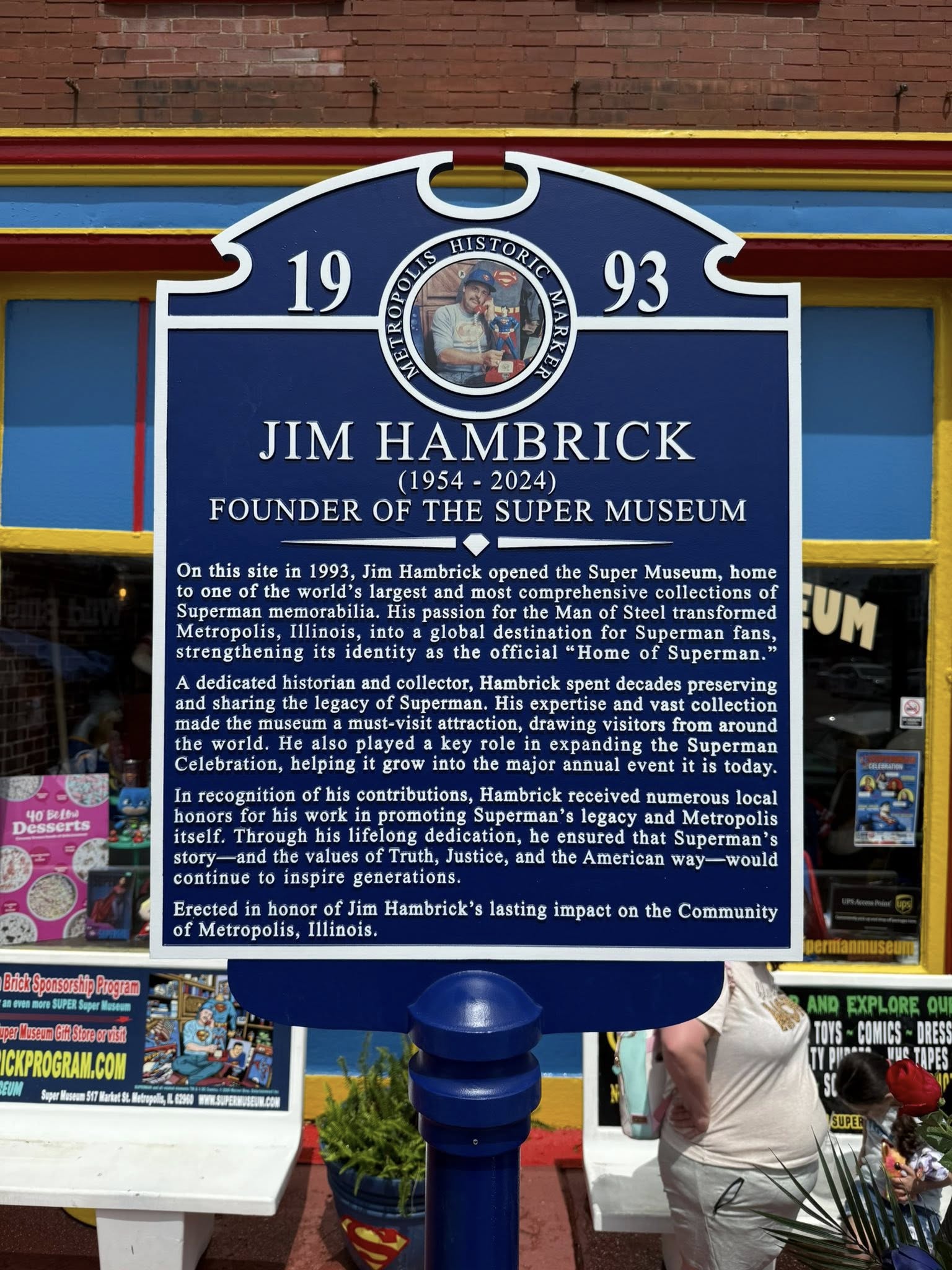




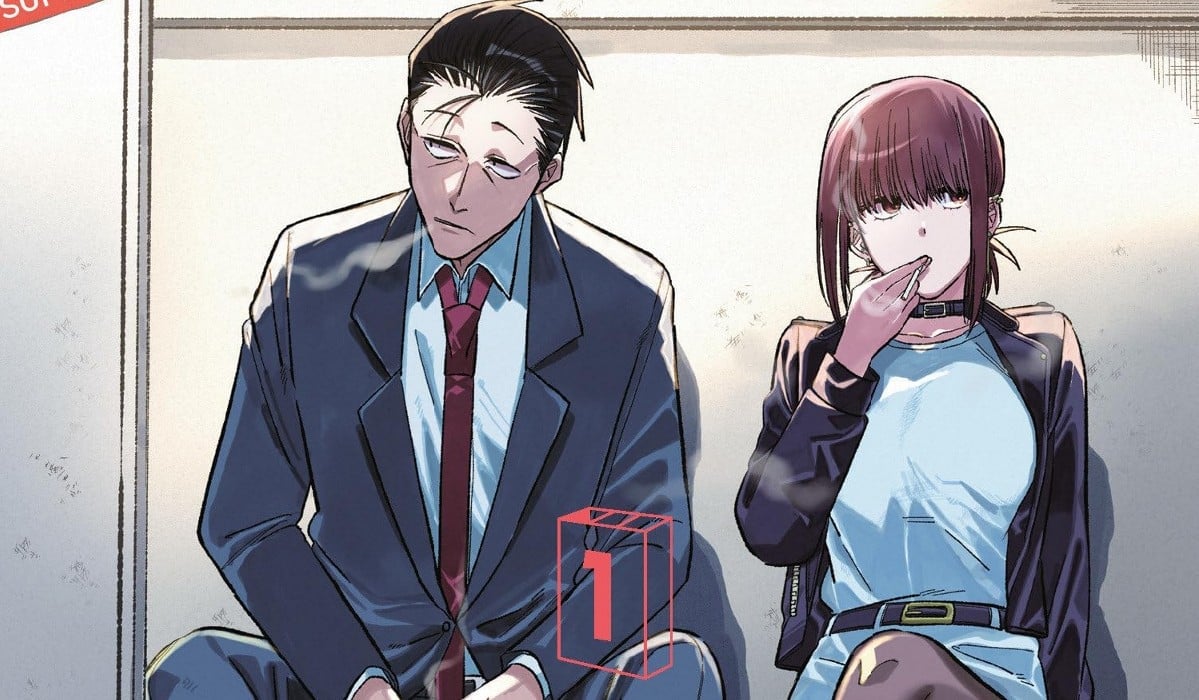
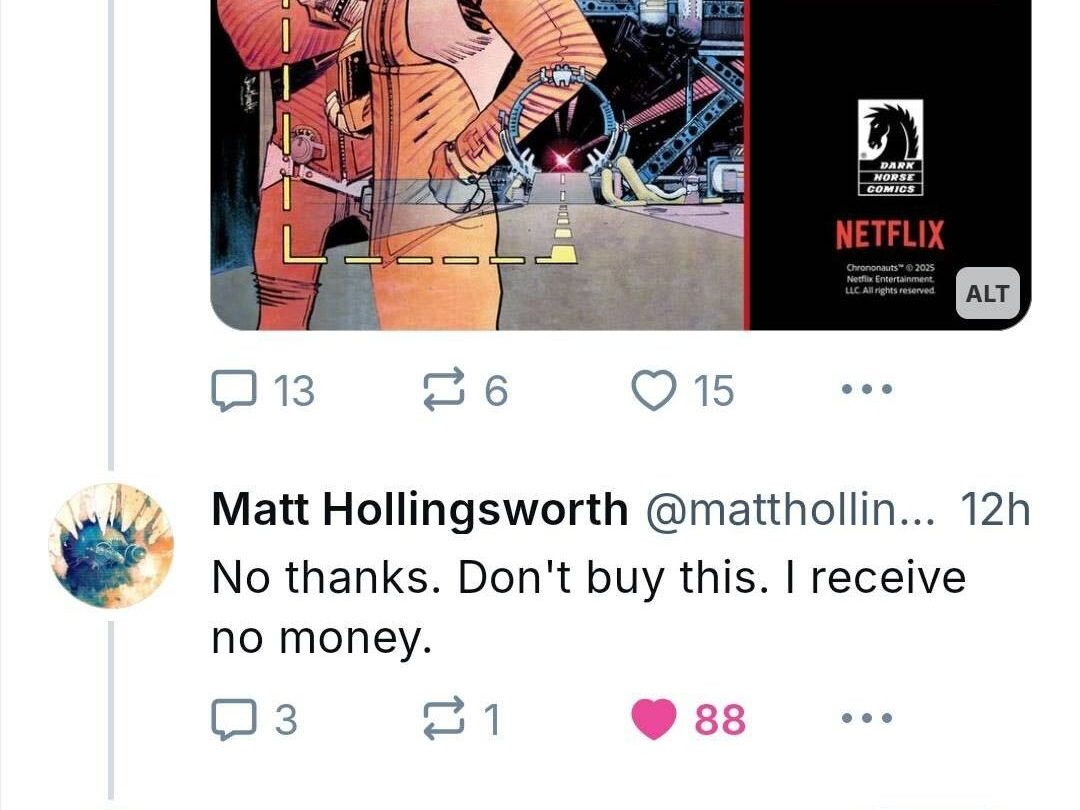
 English (US) ·
English (US) ·